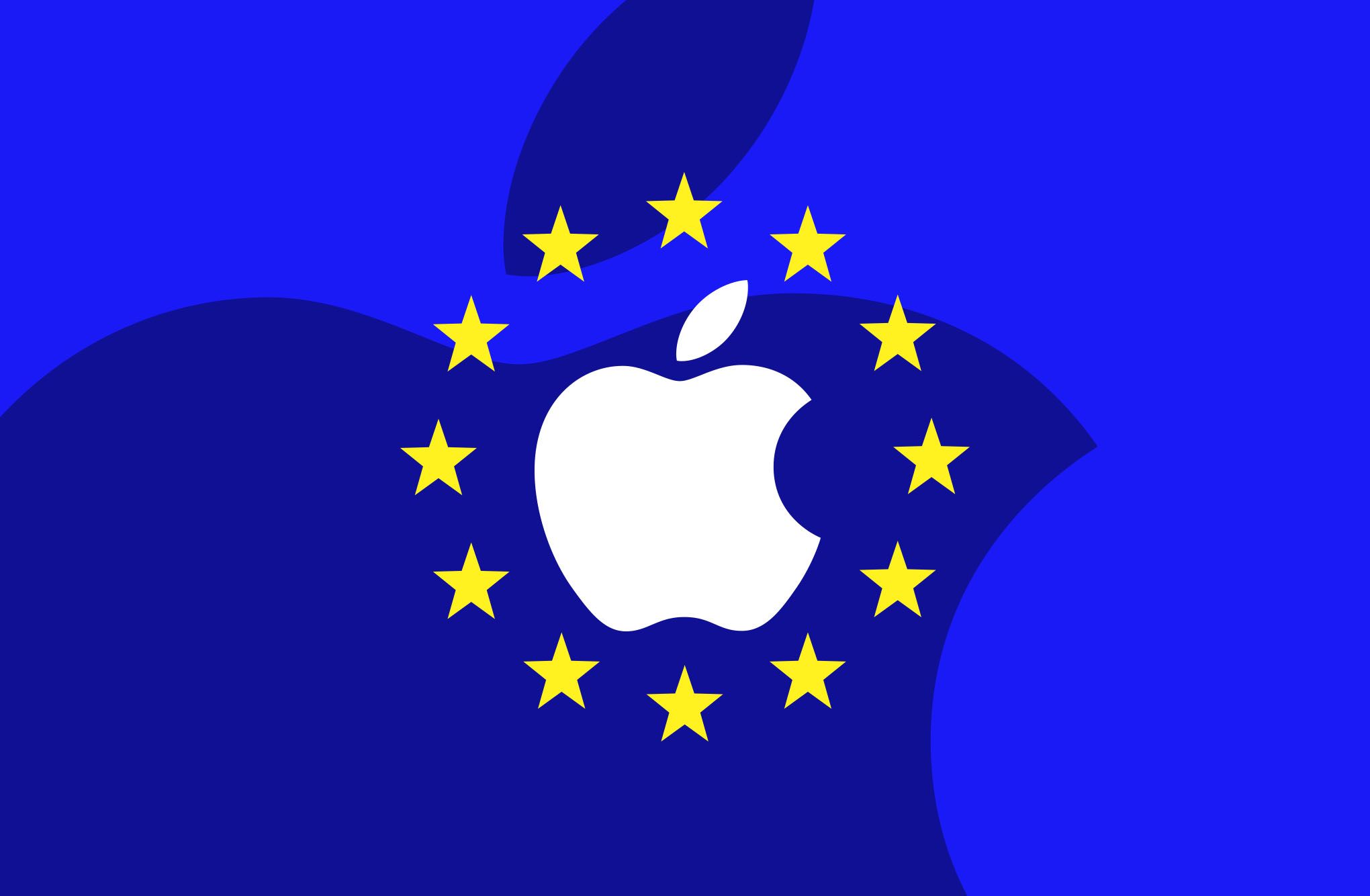Enterprise AI company C3 AI just announced a major leadership shakeup as founder Thomas Siebel steps down due to health issues, while revenue plummeted 19% to $70.3 million. The timing couldn't be worse for the struggling AI platform as new CEO Stephen Ehikian inherits a company in crisis mode.
C3 AI just delivered a double blow to investors: founder Thomas Siebel is stepping down as CEO due to serious health issues, while the enterprise AI company's revenue fell 19% in a quarter when AI spending should be surging. The leadership transition comes at the worst possible time for a company already struggling to capitalize on the AI boom that's lifted competitors like Nvidia and Microsoft to record highs. Stephen Ehikian, a veteran tech executive who built two companies acquired by Salesforce, assumed the CEO role on September 1st as C3 AI reported dismal first-quarter results. Revenue dropped to $70.3 million from $87.2 million a year ago, while net losses ballooned to 86 cents per share from 50 cents. The numbers sent shares tumbling 14% in after-hours trading, adding to a brutal year that's seen the stock lose over half its value. Siebel, who founded the enterprise AI platform in 2009, revealed he was diagnosed with an autoimmune disease earlier this year that caused significant visual impairment, according to CNBC reporting. The health crisis forced him to launch a CEO search in July, just as the company was grappling with what he called completely unacceptable sales results. The timing exposes a critical vulnerability in C3 AI's business model. While enterprise AI spending is exploding across industries, the company has struggled to convert that demand into sustainable growth. Revenue has essentially flatlined over the past year, even as competitors like Palantir and Snowflake post double-digit growth by riding the generative AI wave. Ehikian brings a track record of building enterprise software companies that caught Salesforce's attention, but he's inheriting a company in crisis mode. C3 AI underwent a major sales organization restructuring that Siebel blamed for the disruptive quarterly performance, suggesting internal operations were already stretched thin before the leadership change. The new CEO struck an optimistic tone, calling C3 AI one of the most important companies in the AI landscape with unmatched platform capabilities. But investors are clearly skeptical that even experienced leadership can turn around a company losing market share in the hottest tech sector. The enterprise AI market is expected to reach $50 billion by 2027, yet seems to be moving backward while pure-play competitors and cloud giants with AI offerings capture more wallet share. What makes this transition particularly challenging is the timing within the broader AI consolidation. Large enterprises are increasingly choosing integrated AI solutions from established cloud providers like Azure AI or Vertex AI rather than standalone platforms. This puts pressure on independent AI specialists like to prove their specialized value proposition.


